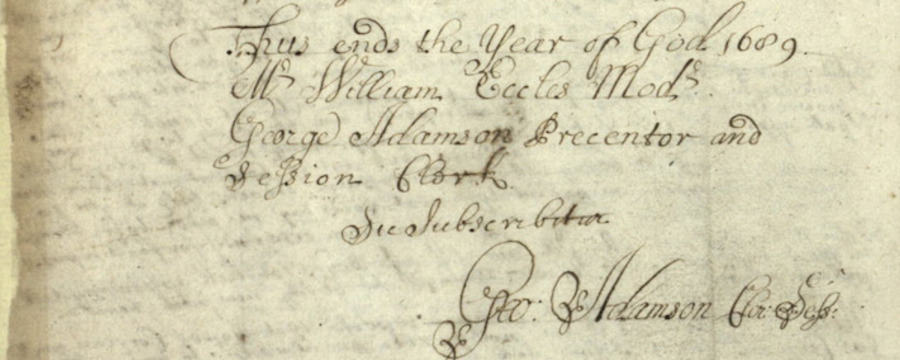Home / History / Ancient History / Early Modern Scottish Palaeography: Reading Scotland's Records / An introduction to the Scots language
This article is from the free online
Early Modern Scottish Palaeography: Reading Scotland's Records


Reach your personal and professional goals
Unlock access to hundreds of expert online courses and degrees from top universities and educators to gain accredited qualifications and professional CV-building certificates.
Join over 18 million learners to launch, switch or build upon your career, all at your own pace, across a wide range of topic areas.

 Gaelic/English road sign at Invermoriston by Renata [Public domain] via Wikimedia Commons
Gaelic/English road sign at Invermoriston by Renata [Public domain] via Wikimedia Commons Robert Burns (1759-1796) Alexander Nasmyth [Public domain] via Wikimedia Commons
Robert Burns (1759-1796) Alexander Nasmyth [Public domain] via Wikimedia Commons






